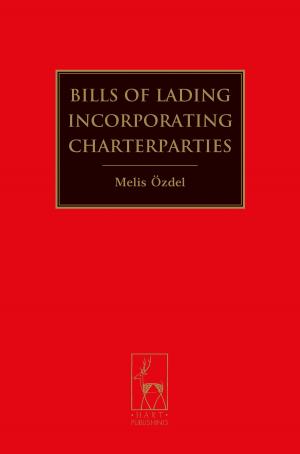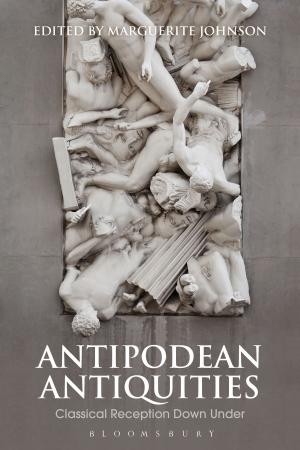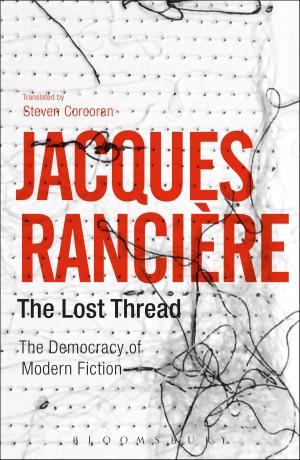Russian Irrationalism from Pushkin to Brodsky
Seven Essays in Literature and Thought
Fiction & Literature, Literary Theory & Criticism, European| Author: | Dr. Olga Tabachnikova | ISBN: | 9781441102584 |
| Publisher: | Bloomsbury Publishing | Publication: | February 26, 2015 |
| Imprint: | Bloomsbury Academic | Language: | English |
| Author: | Dr. Olga Tabachnikova |
| ISBN: | 9781441102584 |
| Publisher: | Bloomsbury Publishing |
| Publication: | February 26, 2015 |
| Imprint: | Bloomsbury Academic |
| Language: | English |
Russia, once compared to a giant sphinx, is often considered in the Anglophone world an alien culture, often threatening and always enigmatic. Although recognizably European, Russian culture also has mystical features, including the idiosyncratic phenomenon of Russian irrationalism. Historically, Russian irrationalism has been viewed with caution in the West, where it is often seen as antagonistic to, and subversive of, the rational foundations of Western speculative philosophy. Some of the remarkable achievements of the Russian irrationalist approach, however, especially in the artistic sphere, have been recognized and even admired, though not sufficiently investigated.
Bridging the gap between intellectual cultures, Olga Tabachnikova discusses such fundamental irrationalist themes as language and the linguistic underpinning of culture; the power of illusion in national consciousness; the changing relationship between love and morality; the cultural roots of humour, as well as the relevance of various individual writers and philosophers from Pushkin to Brodsky to the construction of Russian irrationalism.
Russia, once compared to a giant sphinx, is often considered in the Anglophone world an alien culture, often threatening and always enigmatic. Although recognizably European, Russian culture also has mystical features, including the idiosyncratic phenomenon of Russian irrationalism. Historically, Russian irrationalism has been viewed with caution in the West, where it is often seen as antagonistic to, and subversive of, the rational foundations of Western speculative philosophy. Some of the remarkable achievements of the Russian irrationalist approach, however, especially in the artistic sphere, have been recognized and even admired, though not sufficiently investigated.
Bridging the gap between intellectual cultures, Olga Tabachnikova discusses such fundamental irrationalist themes as language and the linguistic underpinning of culture; the power of illusion in national consciousness; the changing relationship between love and morality; the cultural roots of humour, as well as the relevance of various individual writers and philosophers from Pushkin to Brodsky to the construction of Russian irrationalism.















